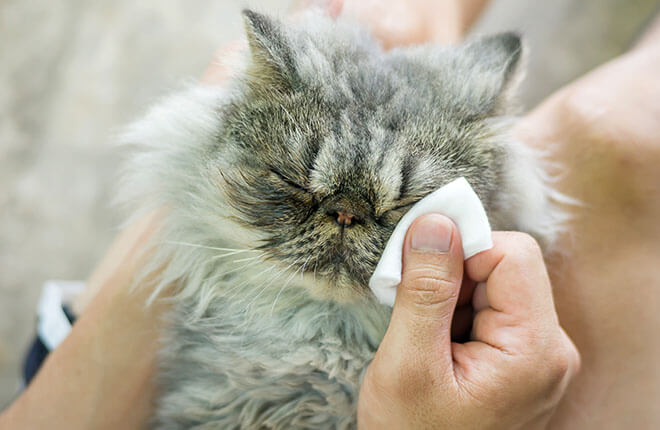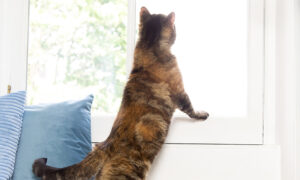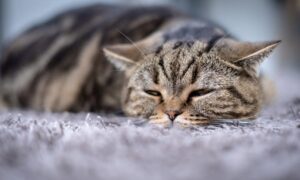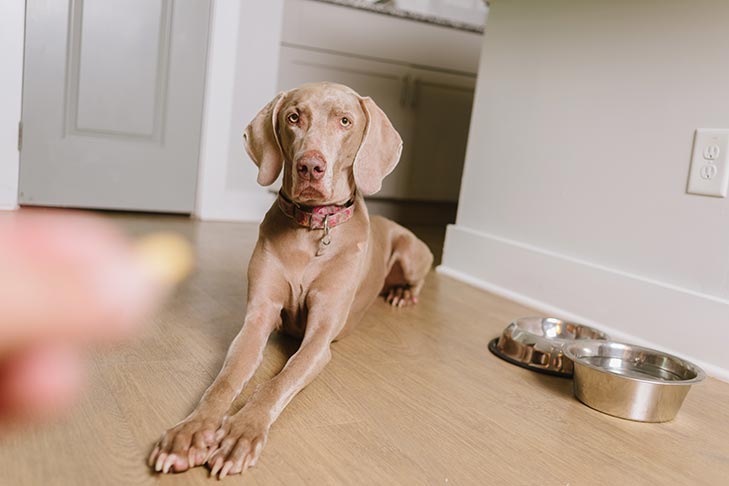Cat Eye Problems: Tips for Healthy Feline Vision
Introduction
Cats are known for their keen sense of sight, and their eyes are not only beautiful but also essential for their overall well-being. However, just like humans, cats can experience eye problems that may affect their vision. In this article, we will delve into various cat eye problems and provide valuable tips to ensure your feline friend enjoys healthy vision throughout their life.
Understanding the Importance of Cat Eye Health
Your cat’s eyes are not just windows to their soul; they are also crucial for their survival. Cats rely heavily on their vision for hunting, navigating their environment, and communicating with other cats. Any issue with their eyes can significantly impact their quality of life.
Common Cat Eye Problems
1. Conjunctivitis (Pink Eye)
Conjunctivitis in cats can be caused by various factors, including infections, allergies, or foreign bodies. Symptoms may include redness, discharge, and squinting.
2. Corneal Ulcers
Corneal ulcers are painful sores on the surface of the eye. They can result from trauma, infections, or underlying health conditions. Cats with corneal ulcers may paw at their eyes and show signs of discomfort.
3. Cataracts
Cataracts in cats are characterized by a clouding of the eye’s lens. This condition can lead to vision impairment and, if left untreated, blindness.
4. Glaucoma
Glaucoma is a serious condition where the pressure inside the eye increases, potentially causing optic nerve damage. Cats with glaucoma may experience eye pain and vision loss.
5. Uveitis
Uveitis is an inflammation of the uvea, the middle layer of the eye. It can be a sign of an underlying systemic disease and may lead to redness, squinting, and light sensitivity.
Maintaining Healthy Feline Vision
1. Regular Vet Check-ups
Schedule routine check-ups with your veterinarian to monitor your cat’s eye health. Early detection of problems can prevent more severe issues.
2. Diet and Nutrition
Feed your cat a balanced diet rich in essential nutrients like vitamin A, which is vital for eye health. Consult your vet for diet recommendations.
3. Proper Hydration
Ensure your cat drinks enough water to prevent dehydration, which can affect eye health.
4. Eye Cleaning
Gently clean your cat’s eyes with a moist, clean cloth to remove debris and prevent infections.
5. Allergen Management
Identify and manage allergens that may be causing eye irritation in your cat. This could include changing their bedding or avoiding certain cleaning products.
Treatment Options
If your cat develops an eye problem, seek prompt veterinary care. Treatment may involve prescription medications, eye drops, or even surgery, depending on the condition’s severity.
Conclusion
Your cat’s eyes are precious, and their health should never be taken for granted. By staying vigilant and following these tips, you can help ensure that your feline companion enjoys a lifetime of healthy vision.
FAQs
1. Can I use over-the-counter eye drops for my cat’s eye problems?
No, it’s essential to consult with your veterinarian before using any eye drops or medications for your cat. They will prescribe the most appropriate treatment based on the specific issue.
2. Are there any home remedies for cat eye problems?
While some minor eye issues can be managed with gentle cleaning, it’s crucial to consult a vet for any persistent or severe problems. Home remedies can sometimes worsen the condition.
3. Can cat eye problems be hereditary?
Yes, some eye conditions can have a genetic component. If you’re concerned about your cat’s eye health, consult with a veterinarian, who can provide guidance on genetic testing and preventive measures.
4. How often should I clean my cat’s eyes?
Cleaning your cat’s eyes should be done as needed, especially if you notice discharge or debris. Use a clean, moist cloth and be gentle to avoid causing any irritation.
5. What can I do to prevent cat eye problems?
Regular vet check-ups, a balanced diet, and maintaining a clean living environment are key preventive measures. Additionally, keeping your cat away from potential eye irritants and allergens can help safeguard their eye health.
Read More:Clean Cat Ears Tips: Keep Your Feline’s Ears Clean and Healthy




















